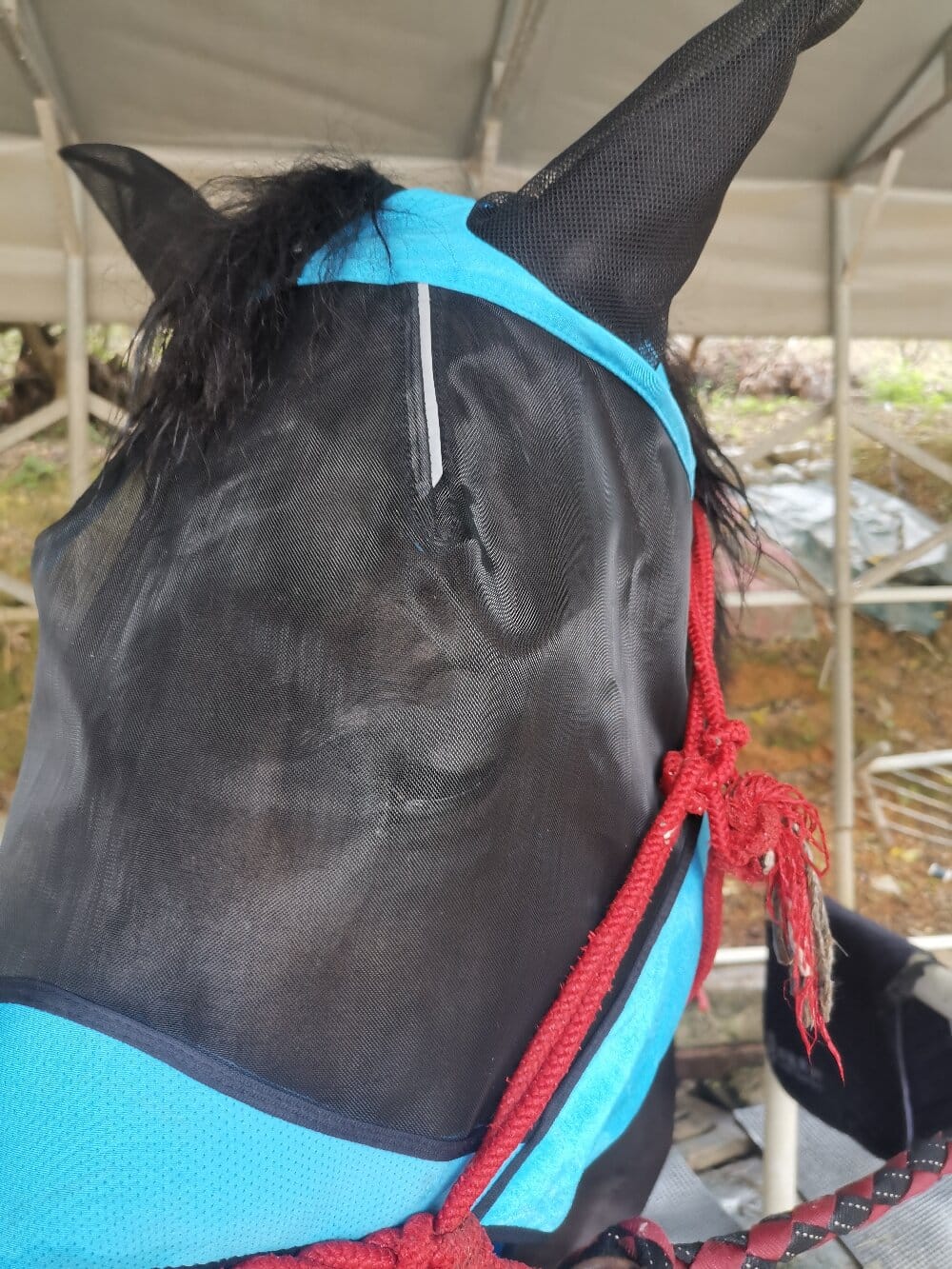A horse fly mask is an essential piece of equine gear designed to protect horses from irritating and potentially harmful insects. These masks shield the animal’s eyes, ears, and face from flies, mosquitoes, and other pests, ensuring comfort and reducing stress. Experts agree that using a fly mask can prevent infections, allergic reactions, and behavioral issues caused by persistent insect bites. Whether for pasture turnout or trail riding, a well-fitted fly mask is a must-have for responsible horse owners.
Why Horses Need Fly Protection
Horses are particularly vulnerable to pests due to their large eyes, sensitive skin, and tendency to graze in open fields. Flies and other insects can cause:
- Eye irritations and infections (e.g., conjunctivitis)
- Skin allergies or dermatitis from constant biting
- Distraction and stress, leading to poor performance
- Transmission of diseases like equine infectious anemia
Veterinarians emphasize that prevention is far better than treatment, making a horse fly mask a practical solution for long-term health.
Key Features of an Effective Horse Fly Mask
Not all fly masks are created equal. Experts recommend looking for the following features when selecting one:
- Breathable Fabric: Mesh materials allow airflow while blocking insects.
- UV Protection: Some masks offer SPF shielding to prevent sunburn.
- Adjustable Fit: Straps should be secure yet comfortable to avoid rubbing.
- Durability: Reinforced stitching ensures longevity.
- Extended Coverage: Models with ear and nose flaps provide extra defense.
Equine specialists suggest trying different styles to find the best fit for individual horses, as head shapes and sensitivities vary.
Choosing the Right Fly Mask for Your Horse
Selecting the appropriate horse fly mask depends on several factors, including the horse’s environment and specific needs. For example:
- Pasture Horses: Full-face masks with ear covers are ideal for extended outdoor time.
- Performance Horses: Lightweight, streamlined designs minimize interference during riding.
- Photosensitive Horses: UV-blocking masks help those prone to sun-related eye conditions.
Consulting an equine veterinarian or tack specialist can help tailor the choice to the horse’s lifestyle.
Maintenance and Care Tips
To maximize the lifespan and effectiveness of a fly mask, proper care is crucial. Experts advise:
- Regularly washing the mask with mild soap to remove dirt and sweat.
- Inspecting for wear and tear, especially around straps and mesh.
- Storing in a dry, clean place to prevent mold or damage.
- Replacing the mask if it becomes loose or damaged to ensure continued protection.
Neglecting maintenance can lead to discomfort or reduced insect-blocking efficiency.
Expert Opinions on Fly Mask Benefits
Equine professionals universally endorse the use of fly masks as a proactive measure for horse welfare. Dr. Sarah Mitchell, a renowned equine veterinarian, states, “A quality horse fly mask not only prevents physical ailments but also improves the animal’s overall well-being by reducing stress.” Trainers and stable managers also report fewer behavioral issues in horses wearing protective gear, as constant insect harassment can lead to agitation and resistance during training.
Conclusion
A horse fly mask is a simple yet invaluable tool for safeguarding equine health and comfort. By selecting the right design, maintaining it properly, and understanding its benefits, horse owners can ensure their animals remain protected from pests year-round. Whether for casual grazing or competitive events, investing in a high-quality fly mask demonstrates responsible horsemanship and care.

